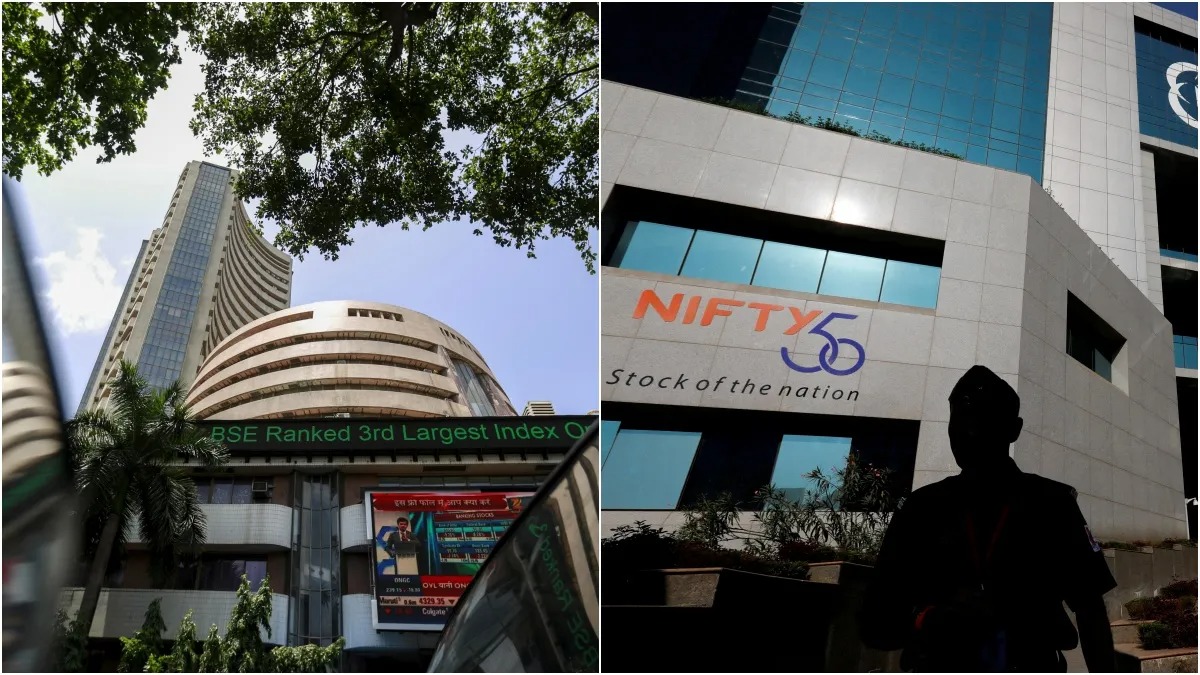

The country‘s leading stock exchanges BSE and NSE on Friday revised their transaction fees for cash and futures and options (F&O) deals. The move came after the Securities and Exchange Board of India (SEBI) made a uniform fee structure mandatory for all members of the market infrastructure institutions, including stock markets. The stock exchanges said in separate circulars that the revised rates will come into effect from October 1. BSE has revised the transaction fee for Sensex and Bankex option contracts in the equity futures-options segment to Rs 3,250 per crore premium traded. However, transaction fees for other contracts in the equity futures-options segment will remain unchanged.
SEBI issued a circular
SEBI issued a circular in July regarding the charges of Market Infrastructure Institutions (MIIs). It said that MIIs should have a uniform fee structure for all members, which will replace the current volume-based system of trading. Let us tell you that Budget 2024 has increased the Securities Transaction Tax (STT) on futures and options (F&O) by 0.02 percent and 0.1 percent respectively. Also, the proceeds from share buyback will be taxable to the beneficiaries. This change will become effective from October 1, 2024. However, doubling the tax on trades may reduce the volume of transactions. On the other hand, higher taxes will also increase the profit limit of investors, potentially prompting them to take more risks.
Why were these steps taken?
SEBI has taken these steps to protect the interests of investors and reduce speculation in the stock market. SEBI says that in the year 2024, about 91 percent of F&O traders have lost a total of ₹ 75,000 crore in risky trades. Moreover, the flood of liquidity and the enthusiasm of retail investors is becoming a deadly combination for the world’s most expensive equity market. Industry experts consider these changes necessary for a sustainable investment scenario in the country as well as the balanced and systematic development of the capital market.
Read More: The Stock That Turned Regular Investors into Millionaires in Just 10 Years

 Share
Share



